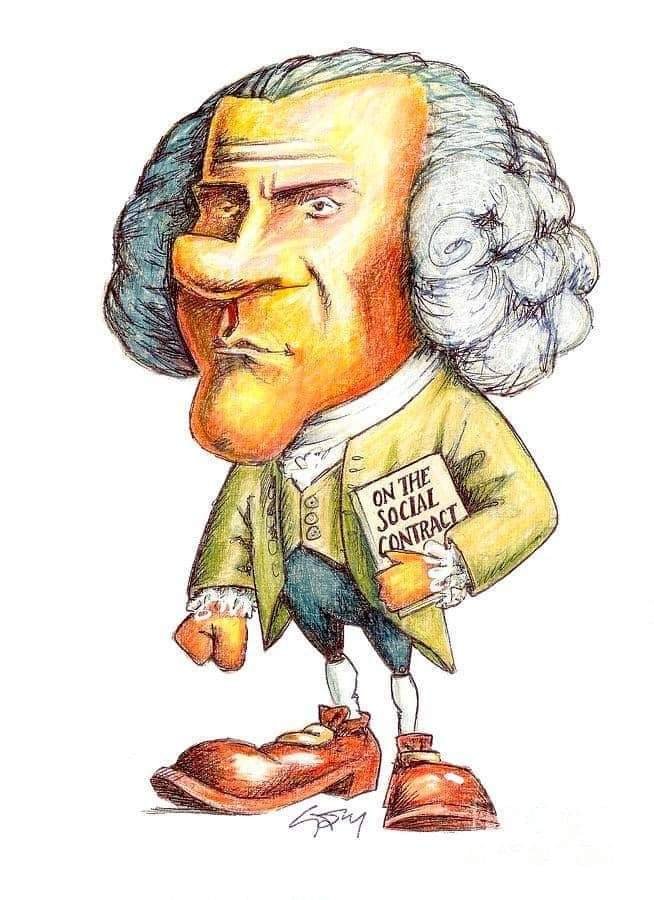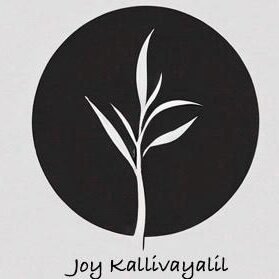#philosophy
Rousseau.
Jean-Jacques Rousseau, the renowned French philosopher, was born in Geneva in 1712.
His early career involved a string of failures in music, education, and whatever else he could stumble into, until he decided that society itself was the real problem.
His first big philosophical hit, the Discourse on the Arts and Sciences (1750), argued that civilization had ruined humanity .
He declared, “Man is born free, and everywhere he is in chains.”
Ironically, Rousseau spent most of his life running from any sort of personal responsibility, whether it was his career, his relationships, or, more infamously, his five children, all of whom he dumped into an orphanage.
Rousseau’s philosophy revolved around the notion that society had corrupted our innate goodness.
His romantic notion of a simpler, purer humanity struck a chord with the very elites he claimed to despise.
His magnum opus, The Social Contract (1762), was a masterstroke of vague utopianism, declaring that legitimate government could only arise from the “general will” of the people.
Not surprisingly, this got him exiled from both France and Geneva.
By the time he died in 1778, Rousseau had managed to leave behind a legacy of ideas that would inspire revolutionaries for years to come.

